Stress – A Preventative Approach
Mental Health Awareness Week
There is growing awareness of the damaging impact of stress both on individual health and long-term business success – April is in fact Stress Awareness month. However there remains a huge gap in understanding as to how as employers, we can take action to change this.
A recent study by Bupa claims that mental health is now a priority at board level for almost 65% of businesses, yet 57% do not know how to best support employees. This is echoed by a report from Perkbox which found that work is by far the most common cause of stress, yet almost 45% of British businesses do not offer anything to help alleviate this.
It’s little surprise then that the focus of this year’s Mental Health Awareness Week is Stress, posing the question - are we coping? 16 million people experience a mental health problem each year, and stress is a key factor in this. By tackling stress, we can go a long way to tackle mental health problems such as anxiety and depression.
Reducing stress in your organisation
Beyond the enormously damaging effect on individual health, the business cost of a stressed workforce is huge:
‘When individuals experience high levels of stress and burn out, the business takes a hit creatively and financially. Stressed staff means more sick leave, and greater staff turnover. But more than that, when you have a culture that is permeated by stress it becomes very difficult to have new and innovative ideas.’ Work Well Being Associate, Hannah Massarella.
Bupa’s study coincided with news that their corporate health insurance policies now extend to provide cover for mental health conditions. A positive step forwards, however this in isolation does nothing to tackle the organisational stressors upstream, nor equip staff with the skills and resources to prevent them reaching crisis point and burnout - at Work Well Being these are the areas in which our work is focused.
Providing Support for Employees
We offer a number of workshops and courses designed to educate employees on how to understand the signs and effects of stress, and strategies to reduce it. Here one of our Associates, Hannah Massarella, provides a taster of the approach and ideas she shares.
What is stress?
Stress is something we all experience to one degree or another. We live on a stress spectrum and move along it depending on what’s going on for us. Stress can often be helpful, firing us up to deliver in a presentation or to meet a deadline. However, sometimes our stress can be so high it starts to show in our behaviours and in our bodies, having an impact on our relationships and our health.
How do we know when our stress levels may be tipping over into something unhelpful?
There are some key things to keep an eye out for. They include common behaviours that many of us turn to as a natural way to try and protect ourselves during challenging times. For example, getting angry and flying off the handle at the slightest thing, or projecting your anger onto situations or people around you. Turning to ‘numbing’ strategies like drinking, overeating, excessive use of social media, or supressing your emotions and just ‘ploughing’ on through but experiencing ill health in some way.
These stress signals are easily ignored, but they are red flags trying desperately to tell us that something needs to change.
What are the long-term effects of not keeping our stress levels in check?
Burn out is a very real reality if we ignore the signs of stress for a long period of time. Burn out is where you feel you’ve got nothing left to give. Often it shows up as a response to challenges in the workplace, but it can show up anywhere in life, and commonly manifests as a feeling of hollowness, lack of excitement, or compassion fatigue.
What steps can we take to reduce levels of stress?
The good news is stress and burn out are manageable. Self-awareness and self-care are essential in achieving this. We have to be aware of how we’re feeling, we are a society encouraged to ignore our emotions and just get on with things but checking in with ourselves regularly to see how things feel is a really important habit to get into.
Once you have the awareness you can start implementing your self-care strategies. Self-care strategies are personal, they can include exercise, meditation, healthy eating, dealing with self-sabotage by getting a coach or a counsellor, connecting with people you trust, spending time in nature, journaling, or practicing gratitude to name a few.
Tackling organisational causes
And let’s not forget, this isn’t simply about placing the onus on the individual, we need to look inwards to the company’s contribution to preventing stress in the first place. We should see experiences of burnout as symptoms of an ailing organisation, rather than simply a sick individual.
At Work Well Being our fully managed wellbeing programmes start with Insight – undertaking a consultancy project which examines your unique culture and challenges, enabling us to curate a programme and strategy which clearly addresses these needs. The result is often that before any organisational wide wellbeing programme commences, we work with senior leadership teams and managers to lay the foundations of wider shifts which first need to take place.
Find out more
To find out more about our stress management workshops & training, please get in touch.


